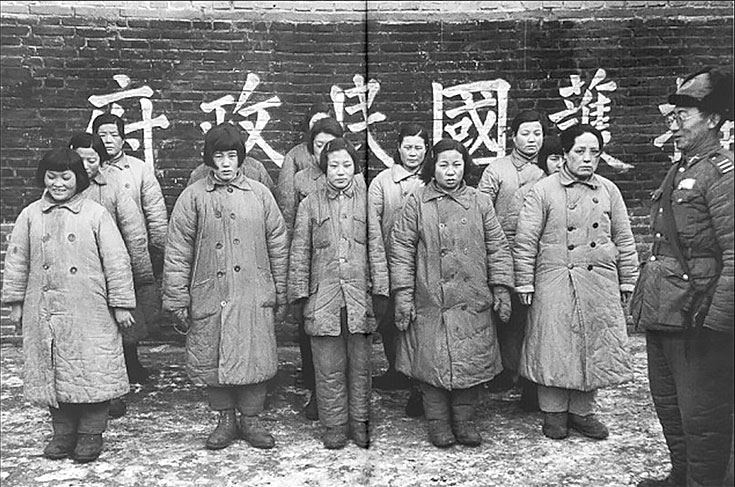Embodiment and Vulnerability
For much of the history of Western philosophical thought, the body was understood as more or less peripheral to human existence, with priority given to the (supposedly nonbodily) human features of the soul, or reason, or autonomy. In the mid-twentieth century, however, the body was afforded a central place in the theories of the self developed by the fields of phenomenology, existentialism, and psychoanalytic theory. With this move came renewed philosophical interest in the question of vulnerability, particularly in regard to relations with other human beings, a question that has also emerged as a strong theme in the scholarship on sexual violence. Is the threat of sexual violence an instantiation of a bodily vulnerability that cannot be transcended? Can more careful analyses of sexual violence and its harms reveal new philosophical insights about our vulnerability as sexed, gendered, and sexual beings?
Consent and Its Limits
Social contract theory, which enjoys a place of privilege in the history of philosophical ideas, places a high value on the ethical role of consent, as does the field of duty ethics. Consent also plays a strong role in public discourse surrounding sexual assault. But is the lack of consent the only requirement for a sexual interaction to be recognized as an incident of sexual violence? How do social norms influence how consent is produced, expressed, and understood? Does the move toward a standard of “enthusiastic consent” represent progress?
The Role of the State
Political theory has long explored the rights and responsibilities of the state with regard to its citizens, an overarching question that has become increasingly relevant with the recent revelations regarding state surveillance in the US as well as growing concerns about mass incarceration. The phenomenon of sexual violence places this question into stark focus, especially given the tension between the need for more consistent and robust recognition of the harms of sexual violence and the ethical questions surrounding current incarceral practices. Does greater state involvement in anti-rape policies and practices offer more liberty, or less? How does the state function to construct the meaning of sexual violence in particular ways? Have some ostensibly liberatory approaches to sexual violence (particularly feminist approaches) perpetuated oppressive carceral norms?
Power, Inequality, and Justice
Prior to the development of a robust philosophical literature on sexual violence, it was sometimes considered to be a bare fact of nature, or a biologically determined phenomenon. There is now general philosophical consensus that it is a social and political phenomenon grounded in structures of inequality. That consensus, however, produces a new set of questions that resonate with broader topics in the field of critical theory. How, for example, can an understanding of the ways in which different forms of inequality shape each other illuminate the meanings of sexual violence, which often (although not always) occurs within racial and class groups? Gender is often assumed to be the primary category of inequality that is relevant to sexual violence, but what about others, such as physical or cognitive ability, sexual orientation, and gender presentation? How might different theories of power produce different understandings of resistance, and might some commonly accepted forms of resistance against sexual violence and rape culture actually serve to perpetuate damaging ideas and norms?
Globalism, Localism, and Difference
As a discipline, philosophy often prides itself on a focus on the universal, on revealing timeless truths or overarching definitions that capture the essence of central concepts or phenomena. Yet there is a countertradition that rejects such goals as epistemologically naïve or, worse, complicit in the perpetuation of various systems of inequality. The philosophical literature on sexual violence represents this tension as well, insofar as some thinkers attempt to develop what might be called global analyses of sexual violence (ostensibly true in any and all instances), while others focus on the specific meanings that sexual violence produces in different social and political contexts. Can the meanings associated with sexual violence in one context inform or illuminate the meanings associated with a different context? How have ostensibly universal approaches either illuminated or misunderstood the meanings of sexual violence in specific contexts? Is a universal approach necessary to establish sexual violence as a violation of human rights in the context of international law?


